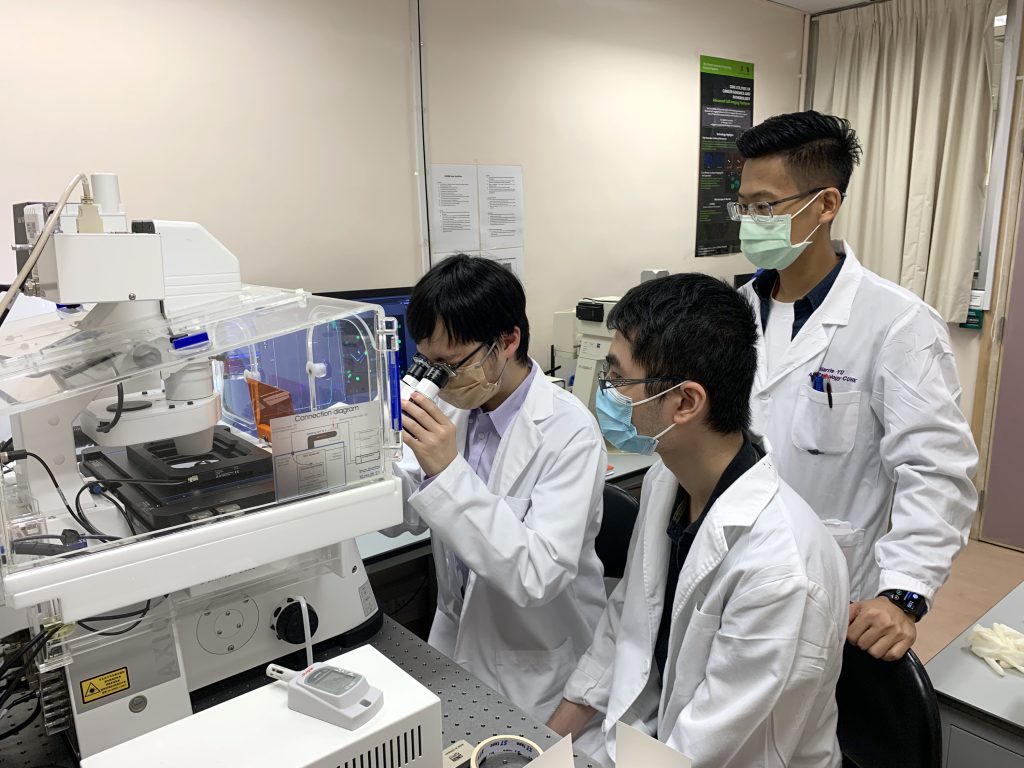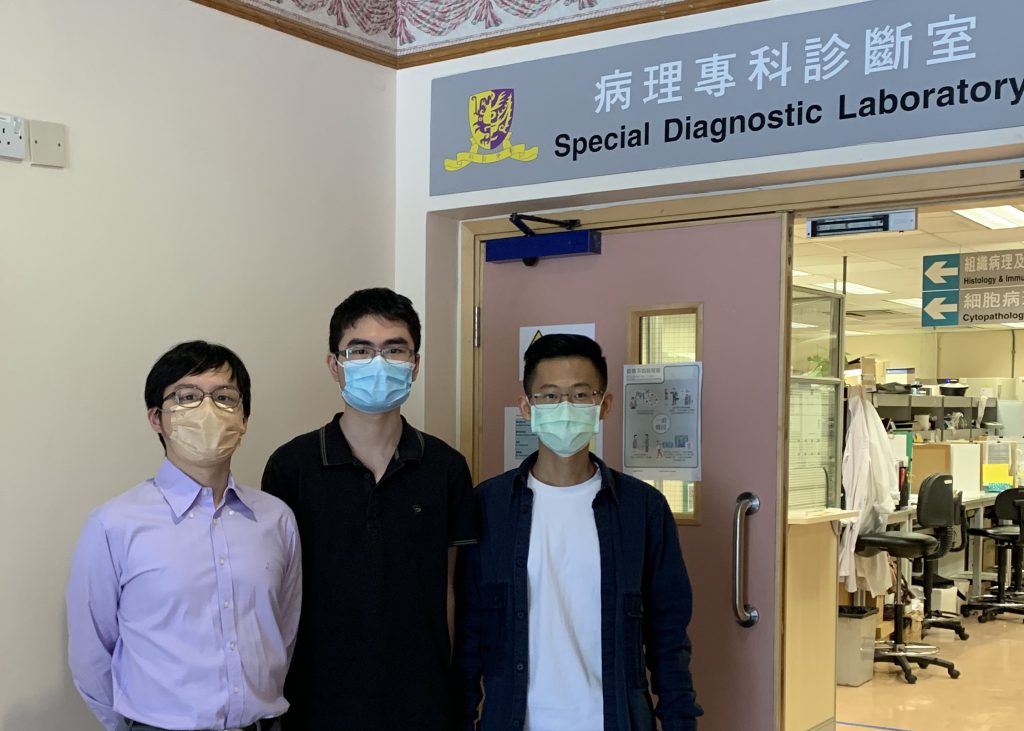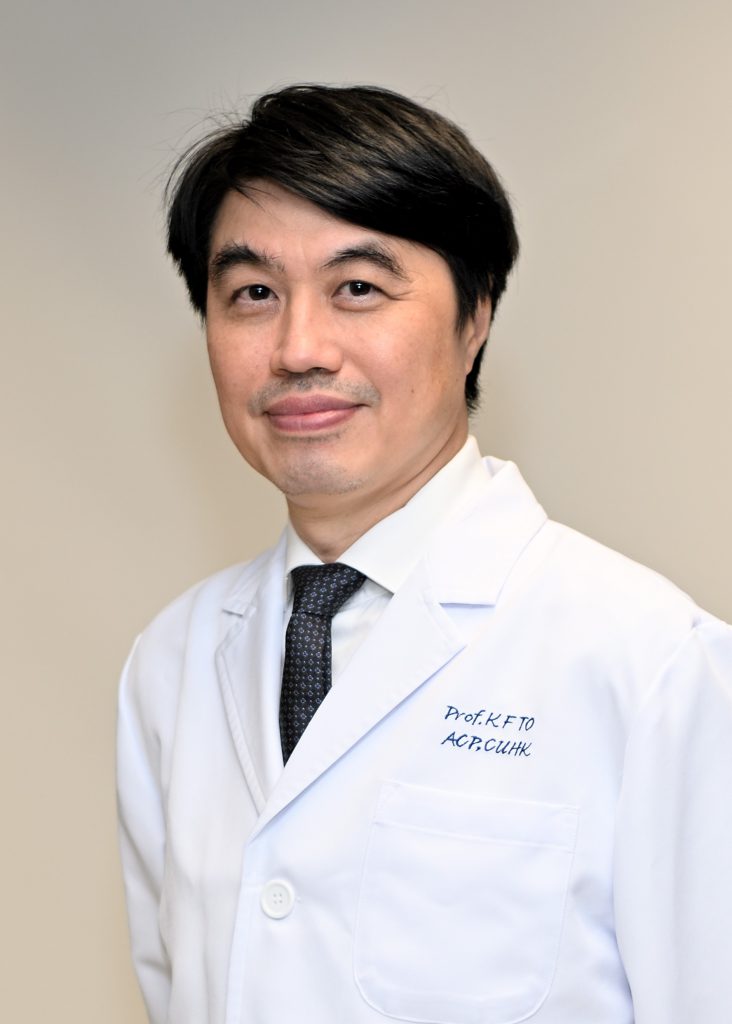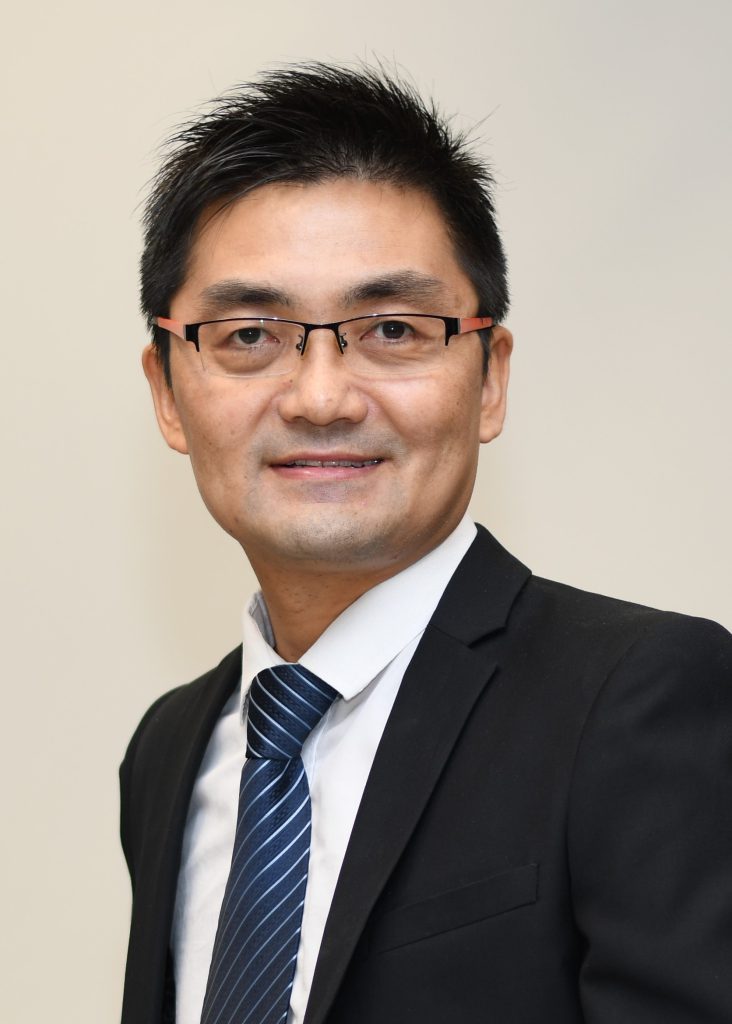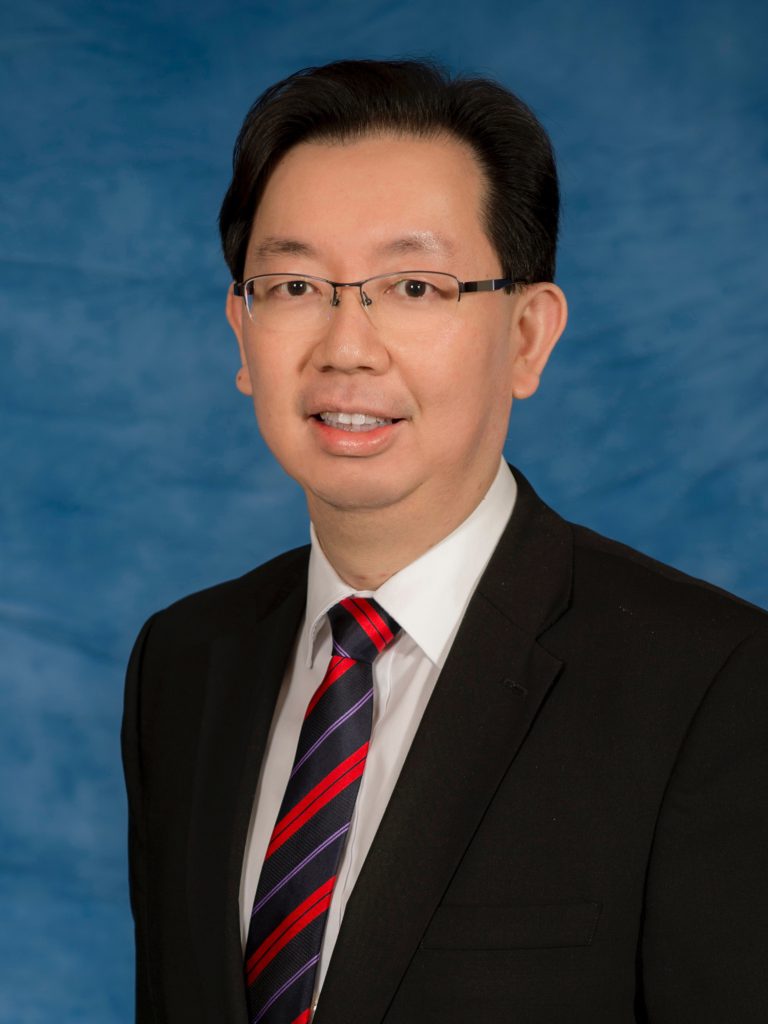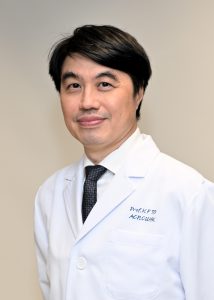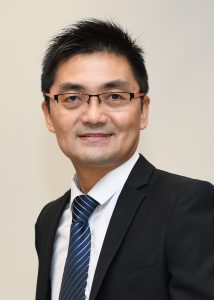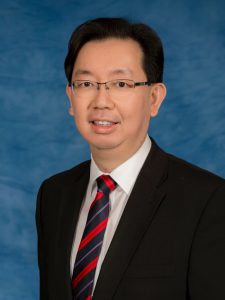CUHK
News Centre
Study by CUHK medical students identifies STK3 kinase as a driver in gastric cancer
A study administered by undergraduate and postgraduate students from The Chinese University of Hong Kong’s (CUHK) Faculty of Medicine (CU Medicine) has discovered the pivotal role of serine/threonine kinase 3 (STK3) in gastric carcinogenesis. Year 3 students Wilson Mui and Brian Chan, and postgraduate student Bonan Chen, under the supervision of professors from the Department of Anatomical and Cellular Pathology, analysed two large-scale global genome cohorts and found that the amplification and upregulation of STK3 is a common event in primary gastric cancer cases. They further employed bioinformatics analysis and functional validation to prove that the kinase promotes cancer cell progression through promoting Ras-MAPK-mediated cell cycle progression, while depletion of STK3 exerts anti-tumour effects. The results have been published in the prestigious journal Molecular Cancer.
CUHK study overturns previous inferences that STK3 can suppress tumour progression
According to the 2019 Hong Kong cancer registry, gastric cancer ranked sixth in the most common and deadly cancers in the territory, with an average of 1,200 new cases every year. Previous studies have validated the Hippo signalling pathway as being associated with gastric cancer, and activated STK3 was believed to exert anti-cancer functions in tumour progression. In this study, the research team found that, on the contrary, STK3 plays an oncogenic role.
After investigating both The Cancer Genome Atlas (TCGA) and Asian Cancer Research Group (ACRG) cohorts, the research team discovered that the amplification and copy number gain of STK3 is a common event in gastric cancer patients. In addition, the STK3 mRNA level was detected upregulated in tumour samples. The same finding was also demonstrated in the Hong Kong cohort.
To further investigate the functional role of STK3 in gastric carcinogenesis, they employed bioinformatics to analyse the gene expression profile of 375 primary samples. They also analysed single-cell RNA-seq to reveal the molecular mechanisms of STK3. The results indicated that STK3 promotes cell cycle progression by activating the Ras-MAPK signalling pathway. More importantly, activated STK3 serves as an independent prognostic biomarker to indicate unfavourable outcomes for patients.
Professor Ka Fai TO, Chairman of the Department of Anatomical and Cellular Pathology, CU Medicine, remarked that the finding has great implications for gastric cancer treatment. “This study not only proves STK3 serves as a driving force in the progression of gastric tumour, but also confirms that the depletion of STK3 can exert anti-tumour effects, providing a novel therapeutic target for gastric cancer. The small molecule inhibitors targeting STK3 need to be developed for precision medicine in those cases with STK3 amplification.”
CU Medicine nurtures clinician scientists
Wilson Mui and Brian Chan, both Year 3 medical students from the Global Physician-Leadership Stream, joined the Summer Attachment Programme organised by the Department of Anatomical and Cellular Pathology last year to perform medical research. They were responsible for the bioinformatics and clinical correlation analysis, functional tests, and Western blot analysis in this study. Wilson also took part in figure organisation and wrote the manuscript, with postgraduate student Bonan.
Of his learning experience last summer, Brian said, “I hoped to enrich myself during the three-month summer break by learning new skills outside the classroom. Due to the pandemic, I could not go on an overseas exchange. Fortunately, I had the chance to join the Summer Attachment Programme which I learned to use various experimental apparatus and practised the knowledge gained in class. I also learned how to code and perform data analysis from scratch. I believe that these skills will be beneficial to my future research.”
Wilson said, “Some skills and knowledge featured during the research process, such as bioinformatics and the drafting of figures, are not normally taught in class. This was my first time taking part in scientific research, and the process was very difficult. Luckily, under the guidance of professors, and working with my peers, the project came to a successful end. Knowing that the medical landscape will change drastically, such an experience will aid me in meeting these challenges and further contributing to the field of medicine.”
Their contributions were highly praised by Professor Wei KANG, Assistant Professor, Department of Anatomical and Cellular Pathology, CU Medicine. He said, “Scientific research involves iterative processes of verification that require one to be patient and modest. Brian and Wilson showed diligent active learning attitudes, and often appeared first in the lab during their attachment. The bioinformatics analysis part requires attentive data curation skills. It is impressive that they managed to digest and analyse two large genome databases together with a single-cell RNA-seq dataset in a short time, demonstrating great potential and enthusiasm for medical research.”
CU Medicine launched the Global Physician-Leadership Stream in 2013 to groom undergraduate students to become clinician scientists.
Professor Simon Siu Man NG, Associate Dean (Student Affairs) of CU Medicine said, “The development and advancement of medical education, health science and medical technology are essential to our future response to unknown diseases or public health threats. Over the last decade, our students have won major local and international awards and honours in scientific research, as well as fellowships to continue their research overseas. Different specialties are now offering research immersion programmes for students to enrich their learning experience and broaden their horizons, such as the Summer Attachment Programme from the Department of Anatomical and Cellular Pathology.”
Professor To added, “Anatomical and Cellular Pathology involves clinical, translational and basic scientific research in the fields of histology, immunohistology, morphometry, flow cytometry and more. The Department has always been a key training ground for postgraduate students in medical research. We launched the Summer Attachment Programme to provide our undergraduate students with a more all-around learning experience in basic and translational research. We are very much encouraged by Wilson and Brian’s work. For Year 3 medical students, having administered a cancer project and getting published in a high impact journal that scores above 20 is no mean feat. They are role models for many medical students and future clinician scientists.”
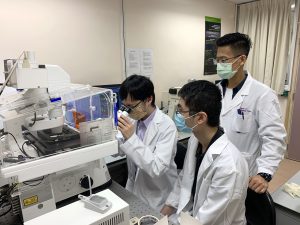
A study administered by undergraduate and postgraduate students from CU Medicine has discovered the pivotal role of serine/threonine kinase 3 (STK3) in gastric carcinogenesis.
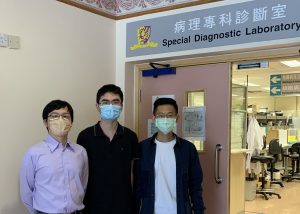
CUHK Year 3 medical students Wilson MUI (left) and Brian CHAN (centre), joined the Summer Attachment Programme organised by the Department of Anatomical and Cellular Pathology to perform medical research. They were responsible for the bioinformatics and clinical correlation analysis, functional tests, and Western blot analysis in this study. Wilson also took part in figure organisation and wrote the manuscript, with postgraduate student Bonan CHEN (right).


